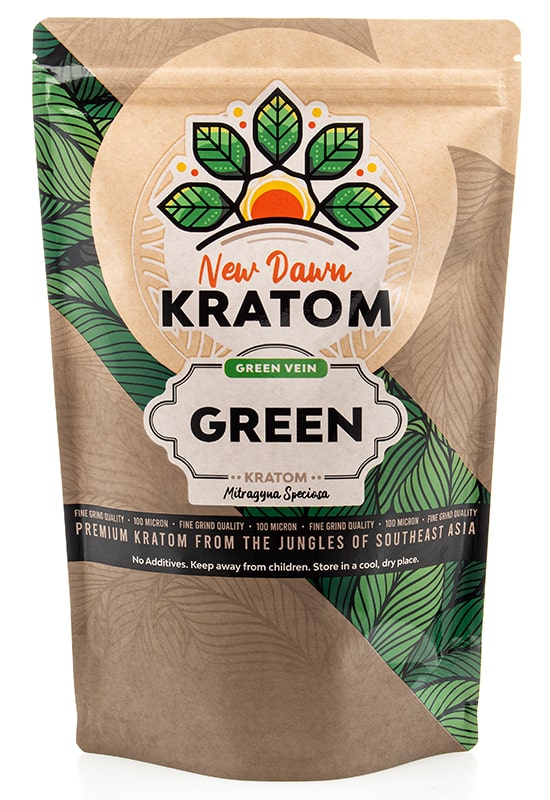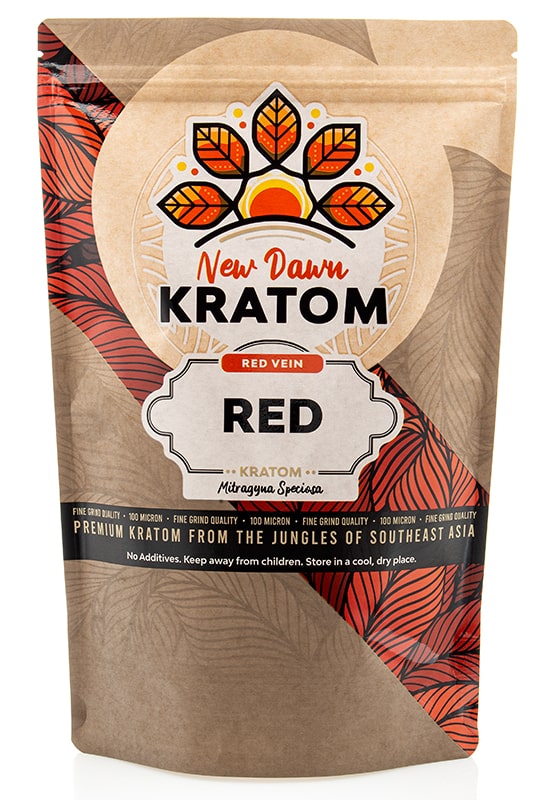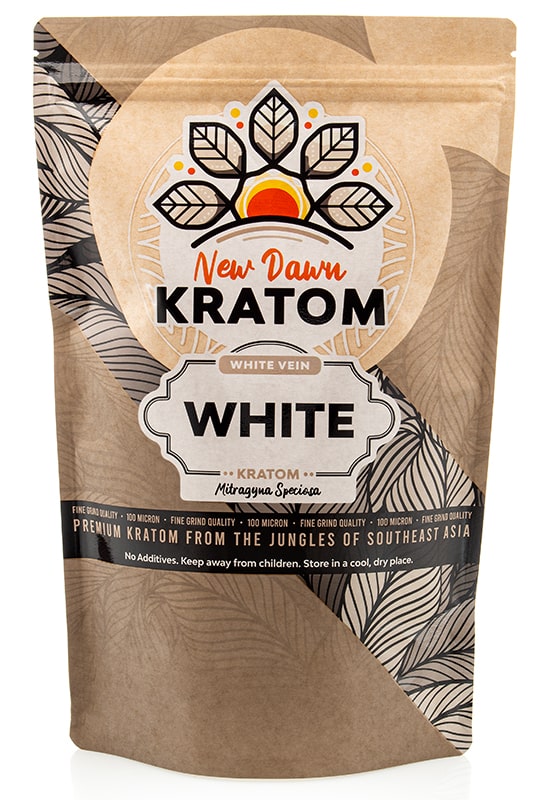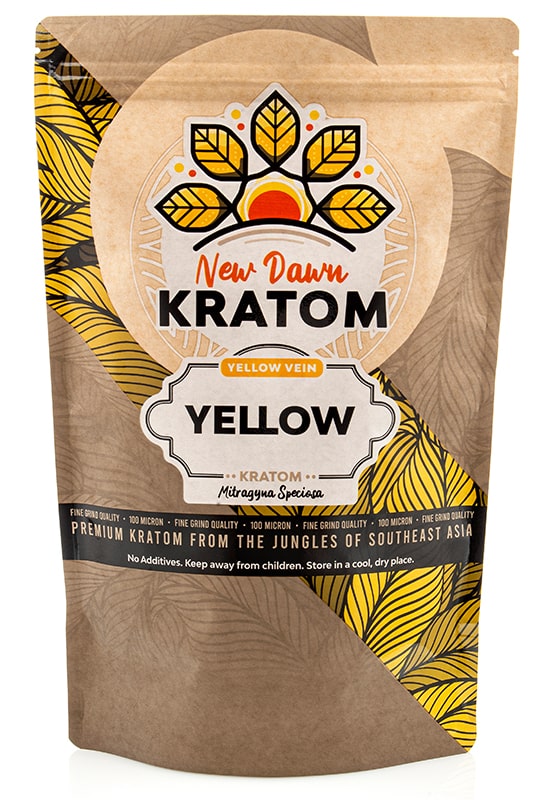With the success of hemp and kratom, people have become more and more open to the idea of incorporating herbs and natural wellness products into their daily routines. And although moringa isn’t anything new, alleged similarities to kratom have sparked renewed interest. If you want to compare moringa vs. kratom, you’re in the right place.
Used widely for both culinary and medicinal applications, moringa reigns supreme as the ultimate wellness herb in various parts of the globe. But how does it hold up against the legendary kratom? Find out here.
What is Moringa?
Native to parts of Africa, India, and Asia, moringa is a flowering, drought-resistant tree that grows an average of 12 meters in height. In some places, it gets the name ‘horseradish tree because of the taste of its roots which resemble that of the popular spice.
Thriving in areas with lots of bright, hot sun, moringa grows rapidly when cut. New moringa branches sprouted effortlessly and were previously chopped off. To start a new tree, simply sticking one end of a cut branch into fresh soil almost guarantees propagation success.
Moringa finds purpose in various ethnobotanical medicine and culinary recipes. Across parts of Asia and India, moringa leaves are a staple in different soups, stews, salads, bread, and savory dishes.
But aside from adding a distinct flavor to culinary concoctions, moringa also exists as a supplement. Across various countries, moringa capsules help users achieve a variety of wellness goals.
In fact, some doctors even prescribe moringa supplements to patients who might benefit from their benefits. And unlike kratom, moringa’s effects on health are far better documented, allowing doctors to place more trust in the herb.

Kratom vs. Moringa
Because kratom has been outlawed in various parts of the country, herbal wellness enthusiasts have made it their goal to find suitable alternatives. Among these are names like Sakae naa and akuamma, which both provide kratom-like effects.
And although it’s not quite like kratom, some users claim that moringa might provide a fairly similar experience. But are these two options as comparable as people make them out to seem?
Effects of Kratom
Both stimulating and relaxing, kratom delivers effects that depend on a number of factors. Environmental growing conditions and harvest schedules can impact the effect that kratom has on your body.
Leaves harvested closer to maturity provide more relaxing effects. In contrast, harvesting leaves while they’re young and fresh produces kratom that delivers more stimulating, awakening, and energetic effects.
Aside from the kratom product itself, the user’s response also plays a role in the experience. Your tolerance, body chemistry, and threshold all contribute to the overall effects.
All of that said, some of the ways that kratom might influence your system include:
- Enhanced energy levels
- Improved physical performance
- Increased stamina and endurance
- Mental clarity
- Stress relief
- Mood enhancement
- Relaxation and calm
- General sense of well-being
- Increased motivation and productivity
- Better sleep quality
On top of these benefits, however, kratom may also cause a few side effects. Again, these change from person to person and may have a lot to do with your tolerance. The quality of the kratom product also plays a role in the extent of side effects and negative reactions.
- Stomach discomfort
- Nausea
- Headaches
- Dizziness
- Drowsiness
- Loss of consciousness
- Dehydration
- Jitters
- Paranoia
Keep in mind that these are the acute side effects that kratom might have on users after a dose. Long-term use of kratom has been found to present unique challenges, including the development of tolerance and even dependence.
Effects of Moringa
Unlike kratom which has immediate, palpable effects on the mind and body, moringa takes effect in more covert ways. So although you might not take a dose to relax or to bump up your energy levels, moringa can help improve your overall wellness in various other, profound ways.
- Increases breastmilk production
- Works to fight off infections (topically)
- Fights free radical damage
- Hypertension management
- Normalizes bowel and gut health
- Speeds up wound healing
- Antifungal treatment
- Improved bowel regularity and gut health
Also unlike kratom, moringa doesn’t have as many side effects. In rare cases, however, users may experience any of the following depending on how much of the herb they take:
- Diarrhea
- Premature uterine contractions in pregnant women
- Abnormally low blood pressure and heart rate
Despite the side effects, however, moringa won’t cause dependence the same way that kratom does. Since it works more as a wellness supplement, moringa isn’t habit-forming, and will not increase your tolerance regardless of how much you take and how often you use it.
Can You Take Moringa and Kratom Together?
Numerous anecdotal reports throughout the web describe experiences that people have had with combining kratom and moringa. And based solely on these accounts, it’s safe to say that taking the two herbs together shouldn’t cause you any issues.
However being that they’re both indigestible, taking them together may cause pronounced diarrhea, as reported by some users.
That said, it’s important to gradually work up your doses if you’re not sure how your body might respond to a sudden change in your supplement routine.
Start off with a minimal kratom dose with your first moringa dose. If you find that your body doesn’t react negatively to the combination, then you can gradually increase your kratom dose until you reach your threshold.
Kratom vs Moringa Legality
As we all know, kratom isn’t illegal on a federal level, however, numerous localities have placed their own restrictions on the herb. That’s why you can’t buy kratom in certain US states, cities, and counties.
Unlike kratom, however, moringa enjoys widespread legality, with zero restrictions placed on the herb whether on the national or local levels. But what they do have in common is that both of these substances have yet to receive approval from the FDA.
This means that neither moringa nor kratom has been approved for human consumption by the Food and Drug Administration. However because moringa isn’t habit-forming, the FDA seems to approach moringa supplements with less scrutiny than kratom products.

Kratom vs Moringa: Not Exactly the Same
Rich in antioxidants, amino acids, vitamins, and minerals, moringa works wonders as an addition to any diet. This powerful herb enriches various culinary recipes, adding a hefty dose of vital micronutrients that can help you achieve optimal wellness.
On the other hand, if you were hoping to calm down or power up in the here and now, then kratom would be the only choice. Powerfully soothing and uplifting, kratom delivers almost immediate benefits that help to improve your present disposition.
Despite their differences, kratom, and moringa both offer impressive benefits that can reshape your wellness from different angles. So if your body can take it, incorporating these two herbal products into your everyday routine might help you bump up your wellness in more ways than one.






